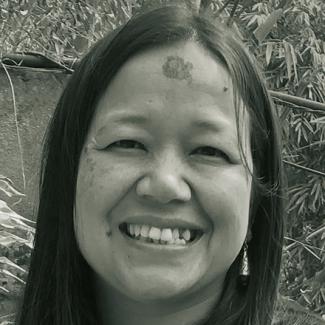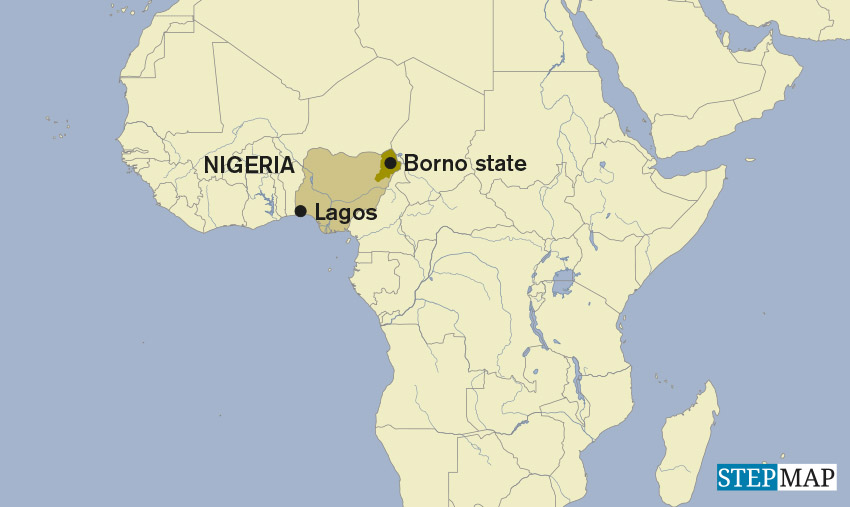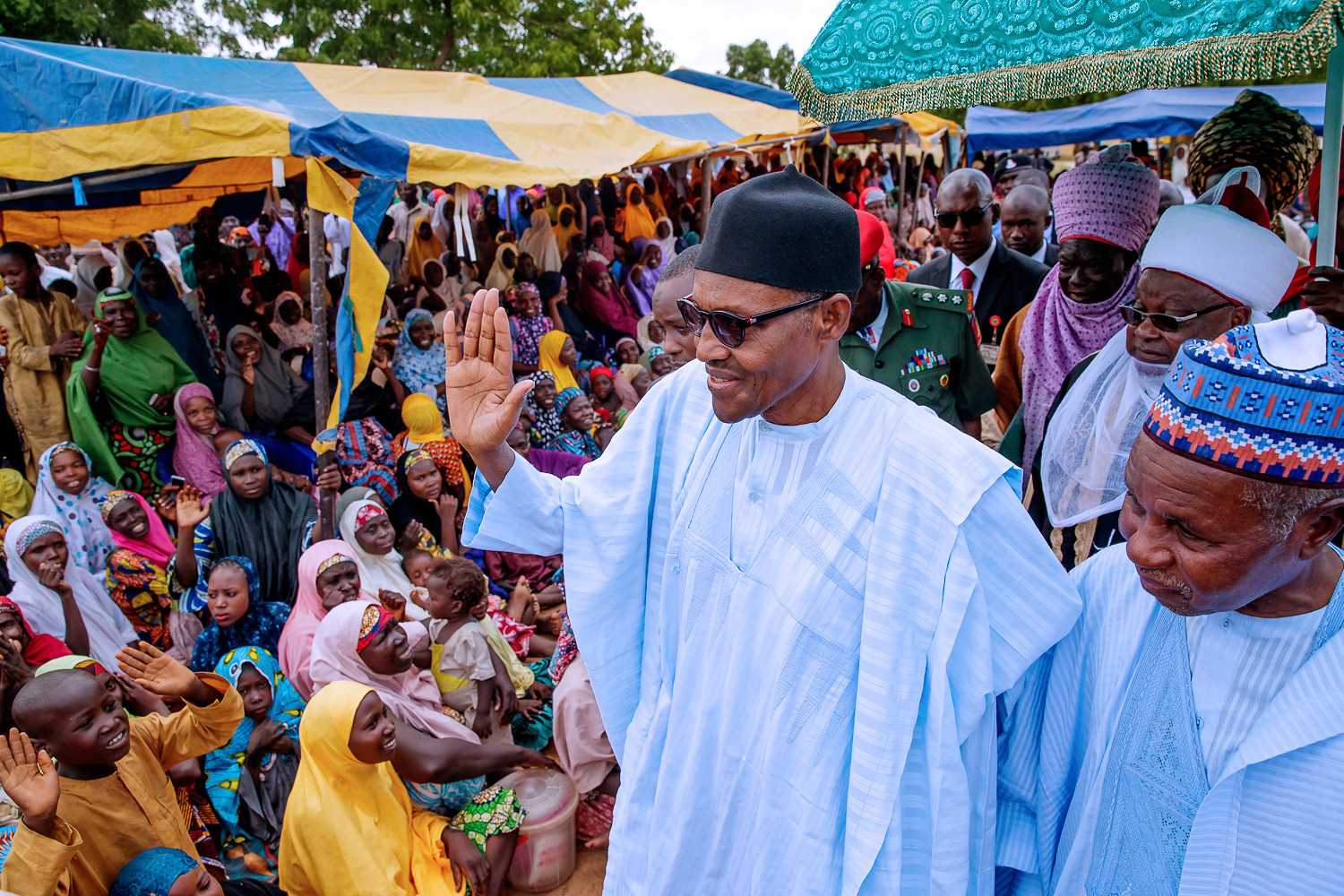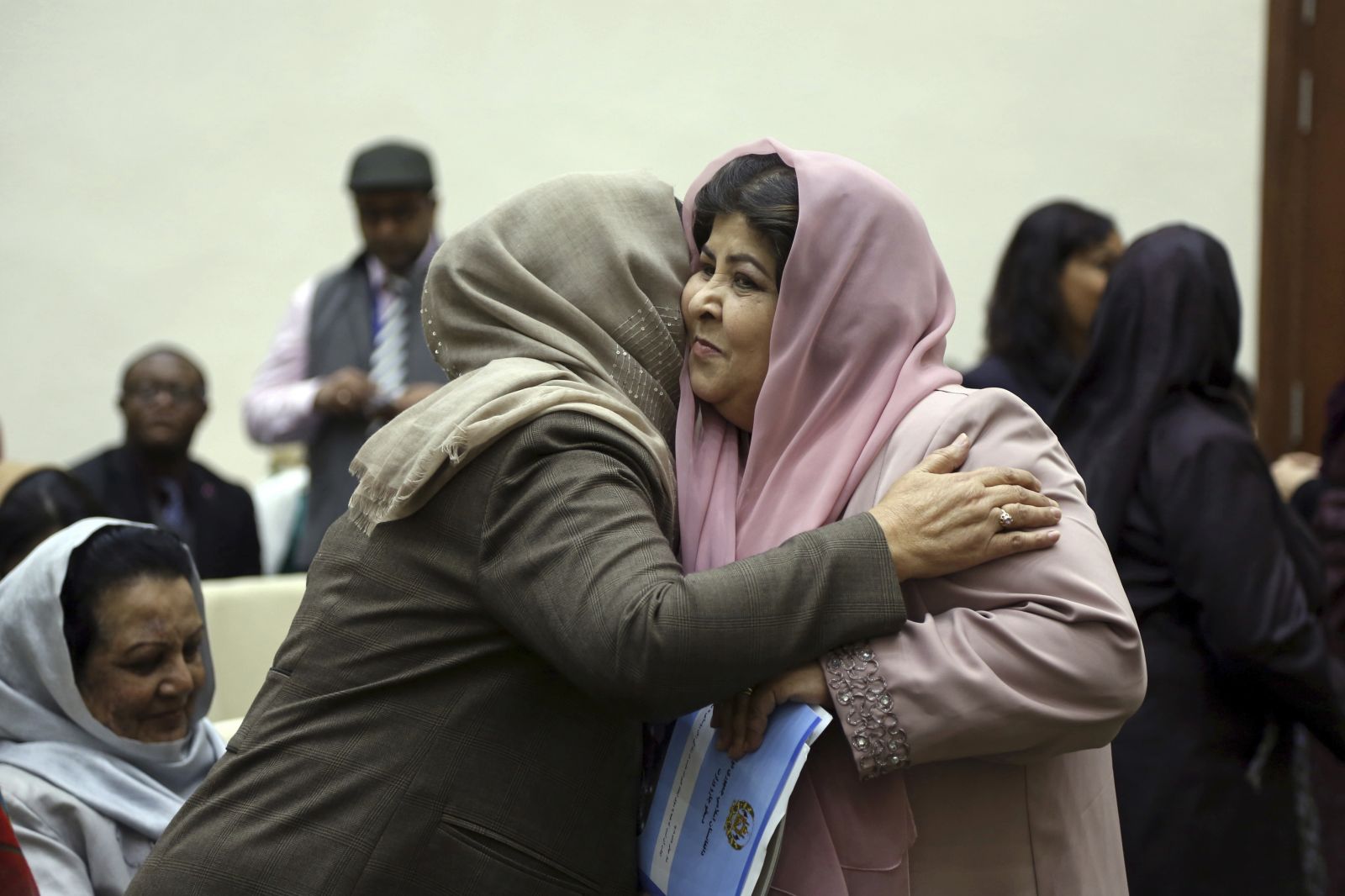Sexual violence
Justice for the victims
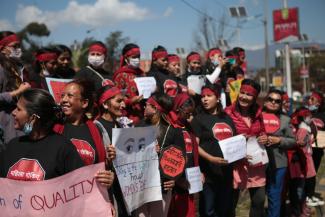
In May 2019, the UN Human Rights Committee (HRC) called on Nepal to bring its laws regarding rape and other forms of sexual violence in line with international standards. Furthermore, the state should improve victims’ access to justice. The HRC also called on Nepal to investigate the specific case of Fulmati Nyaya (pseudonym), an indigenous woman who claims to have been subjected to rape, torture and forced labour at the age of 14. The events occurred during the period of violent conflict between the government and the Maoist Communist Party of Nepal, which lasted from 1996 to 2006.
The HRC issued similar recommendations back in 2017. At that time, it was responding to the case of Purna Maya (pseudonym), who, according to the allegations, was raped by four soldiers in a barracks in 2004. She filed charges eight years later with the help of two human-rights organisations. Following the event, Purna Maya not only suffered from enormous health problems, she also had to leave her home together with her daughter because her husband abandoned them.
Over 13,000 people lost their lives in the internal conflict, and around 1,000 disappeared. Both parties to the conflict, the government troops and the Maoist rebels, raped and abused women and girls. The former “punished” women, for example, whom they suspected of being Maoists or of supporting them. The latter used sexual violence in many cases as an instrument of war. In the aftermath, the victims suffered from issues like unwanted pregnancies, psychological problems and trauma, and social exclusion and expulsion.
In 2015, the Nepalese government established two commissions to investigate human-rights abuses during the conflict, make proposals on how to deal with the perpetrators and thus conclude the period of transitional justice: the Truth and Reconciliation Commission (TRC) and the Commission of Investigation on Enforced Disappeared Persons (CIEDP). They received 63,000 claims of serious human-rights abuses, but only 300 pertained to sexual violence and assaults. The victims may have been concerned that the commissions would not handle their cases confidentially.
Culture of impunity
It is not only sexual violence that occurred during the armed conflict that goes unreported. There is a general culture of impunity and a lack of information about victims’ legal options. Even today, there is no clear zero-tolerance attitude towards sexual violence in Nepal, and an alarming number of women are victimised. In a survey from 2016, seven percent of women and girls between the age of 15 and 49 reported that they had experienced sexual violence in the past. In fiscal year 2017/2018, 1,480 charges of rape and 727 of attempted rape were brought before the court. Only 387 and 118 of the defendants, respectively, were convicted.
Many victims of sexual violence keep the events to themselves voluntarily or are forced to do so by their families in order to avoid shame, discrimination and stigmatisation. Victims are often held responsible for the crime; in addition, they must also fear that the perpetrators will take revenge, particularly if they are influential people. There are also reports of cases in which the victims were forced to marry their rapists.
Sometimes charges are withdrawn under pressure from the perpetrators, or an out-of-court agreement is reached. For example, in 2010, a young woman was raped by two men in a sugar-cane field. The men were caught, but not punished. Instead, residents of the village expelled the woman for allegedly “ruining” the young men. She turned to the police and local politicians and ultimately received about $ 400 in compensation. Half of that was withheld by those who helped broker the agreement: they called it a “donation” for development efforts in the village.
But despite such cases, awareness of sexual violence is noticeably increasing in Nepal. The media are reporting more and more on the issue. When, in 2018, the 13-year-old Nirmala Pant was raped and murdered by a group of men, there was social unrest after the suspicion arose that powerful politicians were hampering the police’s investigations. It culminated in a nationwide mobilisation of the public.
Judicial reform
After repeated requests from UN bodies, Nepal reformed its legislation. The criminal code that was adopted in 2017 defines rape as “sexual relations with a woman without her consent and with a girl under the age of 18 with her consent”. The definition of sexual relations was broadened to include sexual intercourse, oral intercourse and penetration with objects, rather than simply intercourse, as was the case in the past. In addition, the statute of limitations for reporting a rape was lengthened from 35 days to a year. The penalties have also become slightly more severe.
However, one major problem still is that the punishment depends on the age of the victim rather than the gravity of the crime and the harm suffered by the victim. If the victim is under ten or over 70 years old, the punishment is life imprisonment, whereas if the victim’s age is 18 to 69 years, the punishment is seven to ten years imprisonment only. In case of marital rape, the husband is imprisoned for five years.
Nepal’s new law has improved the legal situation. But in its decision from last year, the UN Human Rights Committee called for the statute of limitations to be made significantly longer, and the UN Committee on the Elimination of Discrimination against Women recommended in 2018 that Nepal do away with all statutes of limitation because it can take years before a rape victim is in a position to initiate proceedings, particularly when it comes to children or other vulnerable people. Furthermore, the law gives authorities and judges a great deal of leeway with regard to sentencing, meaning there is a risk that perpetrators will receive a light penalty that is incommensurate with the gravity of their crime.
The Truth and Reconciliation Commission (TRC) considers sexual violence that occurs during conflicts a serious human-rights abuse, and generally speaking, the TRC may not grant amnesty to perpetrators. However, the laws that would allow sexual violence in conflict to be prosecuted are insufficient, because they do not form part of the criminal code.
At the root of sexual violence are structural problems relating to the prevailing culture of impunity. These problems seriously threaten Nepal’s prospects for long-term peace and democratisation. Therefore it should be in the interest of the government and all political parties to take a clear stand against any toleration of sexual violence. Nepal will be under special international scrutiny until at least January or February 2021. Then it will be subject to another Universal Periodic Review (UPR) by the UN Human Rights Council. The government should use the time it has left to enact further legal reforms in order to ensure access to justice for victims of sexual violence and to bring its definition of rape in line with the Rome Statute of the International Criminal Court.
Furthermore, Nepal should heed the advice of UN Secretary-General António Guterres on how to deal with sexual violence in conflict. In March 2019, he called on the UN Security Council to grant victims temporary legal protection and full compensation, including medical and psychosocial care, social assistance and appropriate reparations. It is also important that Nepal swiftly implement Security Council Resolutions 1325, from 2000, and 1820, from 2008, which relate to women, peace and security.
Rukamanee Maharjan is Assistant Professor of Law at Tribhuvan University, Kathmandu.
rukumaharjan@gmail.com
